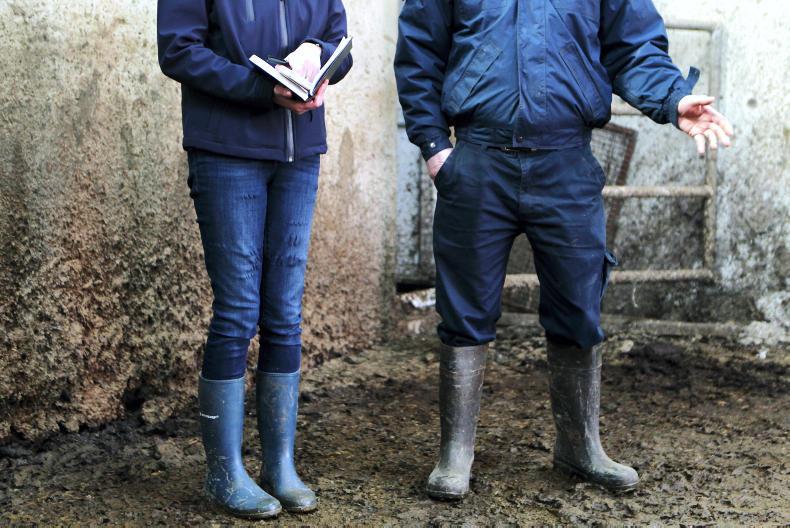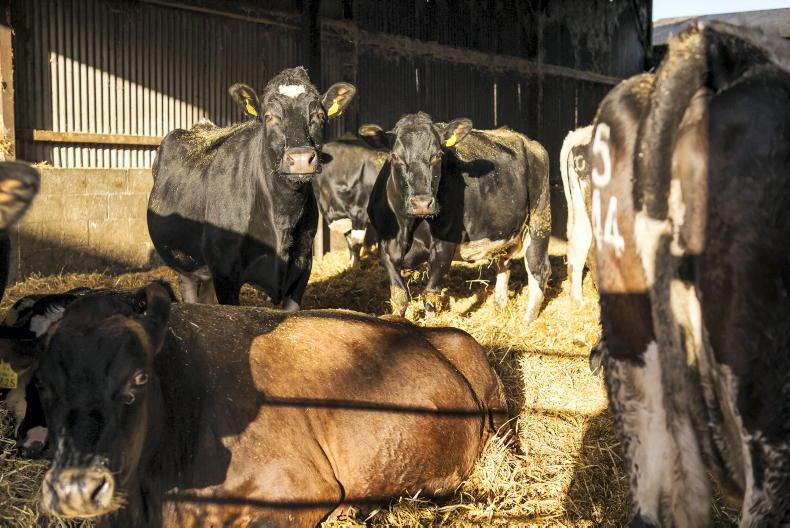Farmers and planners are seeking reassurances that will prevent any scramble around farm construction projects as businesses begin to resume.
On Monday, planning offices reopened to the public and normal timeframes around planning applications were reinstated. However, the COVID-19 pandemic has led to an eight-week delay in the planning process.
This has resulted in concerns that there may be a backlog of construction work to complete on farms in the second half of the year once planning decisions are made. These issues are particularly acute for those planning manure storage or housing work.
For farmer applying to TAMS, the Department of Agriculture has acknowledged that there may be delays in securing planning permission or a letter of exemption before the current tranche closes on 5 June.
The Department will accept applications without planning permission provided it is submitted before close of business on 10 July.
Clarity
Agricultural Consultants Association (ACA) general secretary Breian Carroll welcomed the added flexibility.
He said while planning offices had been working remotely, applications were taking several weeks longer than normal.
However, he stressed that there was a need for greater clarity around the next tranche of TAMS for farmers planning applications this summer.
Currently, there is no indication when the next tranche will open.
“It’s important that farmers who are in for planning but won’t get it in time have some reassurance that there will be funding there,” Carroll said.
Extension
For TAMS building projects currently under way, the Department has granted a three-month extension to the completion date for all applications up to 30 June.
However, Carroll pointed out there were a number of projects due for completion in July that had been subject to the same restrictions. He called for a similar extension to be granted to these farmers to prevent panic and a rush to complete jobs.
As attention turns to restarting the economy, Carroll felt giving confidence to farmers to continue investment could be a major help to rural areas.
“All this money is going into the rural economy and local businesses whether it’s concrete, blocks or steel,” he said.









SHARING OPTIONS